No products in the cart.
Return To Shop
Log in / Sign in
Login
Register
The Everyday and the Exceptional (Introduction)
₹ 70
Uma Chakravarti’s introduction to Fault Lines of History: The India Papers 2 uses a brief history of protest in the north-eastern states of India to illustrate the contract between the state, the army and the rule of law. Detailing the spread of AFSPA as a result and a feature of this contract, Chakravarti points to particular building blocks in the story of resistance in the area — the case of Manorama, Irom Sharmila’s hunger strike, the naked protest by imas in Manipur among others — and castigates mainstream state theorists’ neglect of AFSPA’s existence and growing application as a tool of oppressive state-building. She explains how the postcolonial state’s painting of AFSPA and militarisation, and the accompanying conflicts, as ‘states of exception’ is key to the contract, which is characterised by the tension between the rule of law and the state’s avowal of sovereign emergency.
The chapter provides a valuable cross-section of the volume, summarising each author’s argument while drawing connections between them and larger themes of impunity, militarisation, conflict, revolution, state (un)accountability, ‘security’ and feminist scholarship. She interweaves material on militarised regions in the north-east of India, Kashmir and Chhattisgarh with work on caste-based structures of violence built on and around Dalit bodies, as well as on stripping and parading of women’s bodies as ritual humiliation, to highlight the implications of an aberrant state wielding its impunity as a precise and wide-ranging weapon.
Category: e-Essays
Tags: AFSPA, conflict, legislation, sexual violence, state impunity| Author | |
|---|---|
| Year of Publication | 2016 |
| Page Count | 34 pp |
| Format |
Be the first to review “The Everyday and the Exceptional (Introduction)” Cancel reply
You must be logged in to post a review.
Related products
Contact Us
© Zubaan 2019. Site Design by Avinash Kuduvalli.
Payments on this site are handled by CCAvenue.


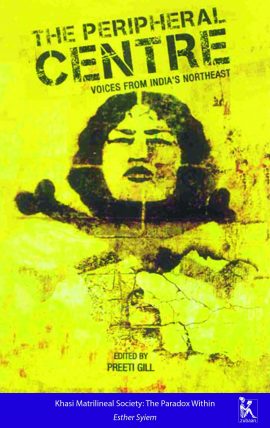
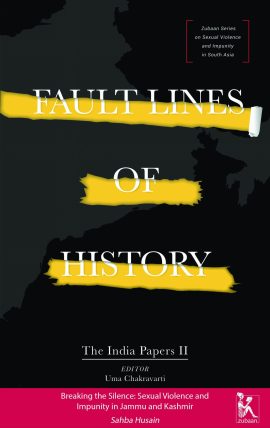
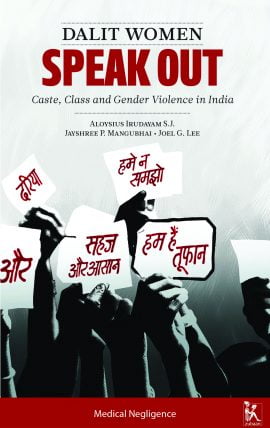

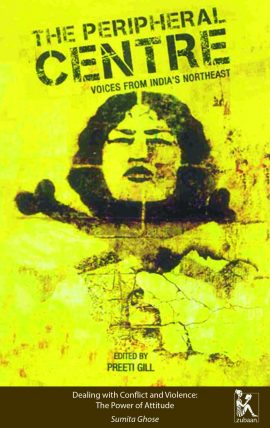
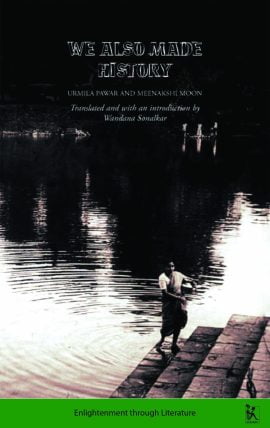
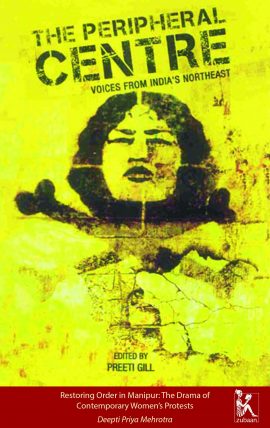
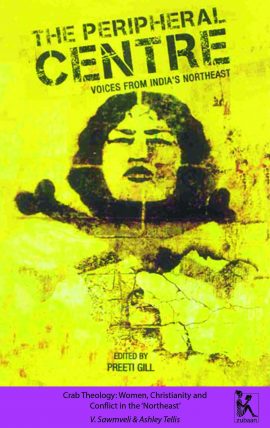
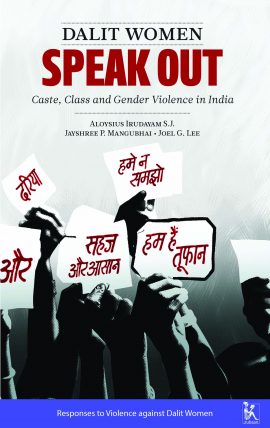

Reviews
There are no reviews yet.